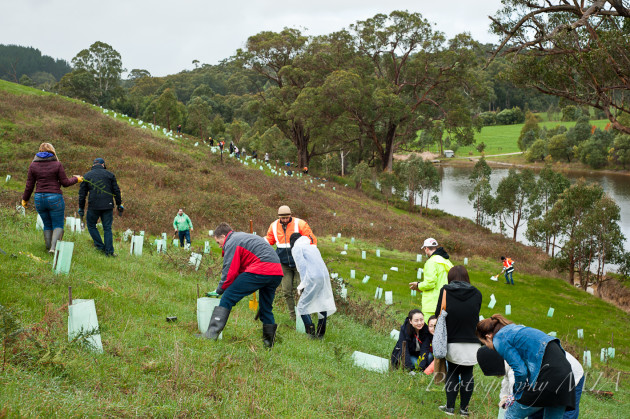One of Jurlique's core company goals is to build long-term, collaborative relationships with suppliers. Its success was a contributing factor to its winning the Pharmaceutical & Personal Care (small) category at the 2016 Australian Packaging Covenant Awards.
A Jurlique supplier scorecard was developed to recognise its strongest performers through a Jurlique Supplier Award.
Those with room for improvement in terms of social responsibility will have the support of the company in brainstorming ways to move forward in 2017.
Jurlique currently uses the Sustainable Packaging Guidelines and a life cycle assessment tool (PIQET) to identify and review packaging sustainability changes. It is currently looking into shifting all standard cartons to FSC-certified paper stock, and introducing recycled content or bio-based plastics into plastic bottles.
On-pack recyclability and disposal information is currently being updated to improve clarity and consistency.
Building on this, education is being provided to retail teams via a ‘customer toolkit’ that includes information on correct methods for recycling Jurlique packaging items.
Jurlique's environment officer Yoshie Obara says sustainability is a large part of the company culture.
For the last five years, for example, Jurlique's Green Team has worked to support its sustainability strategy through education and awareness.
“The Green Team’s activities are linked to the corporate goals and consistent brand and message, so both 'top down' and 'bottom up' approaches are used for our sustainability strategy,” Obara said.
Jurlique has branched out further by partnering with key suppliers in Asia, including monthly meetings with the quality team based in China.
Jurlique Printing Guidelines were developed to ensure compliance with a global printing standard, and the company participated in a pallet reuse program with charities.
A carbon monitoring project has helped Jurlique analyse and reduce its environmental impact through the whole supply chain.
“This will include everything from the extraction of raw materials to the final disposal of packaging after a consumer has used the product,” Obara said.
Jurlique completed a full carbon footprint analysis for two popular products, with a plan now in place to directly manage extraction of raw materials.
Lightweighting of packaging and switching to FSC board are two further goals Jurlique has for the future.










